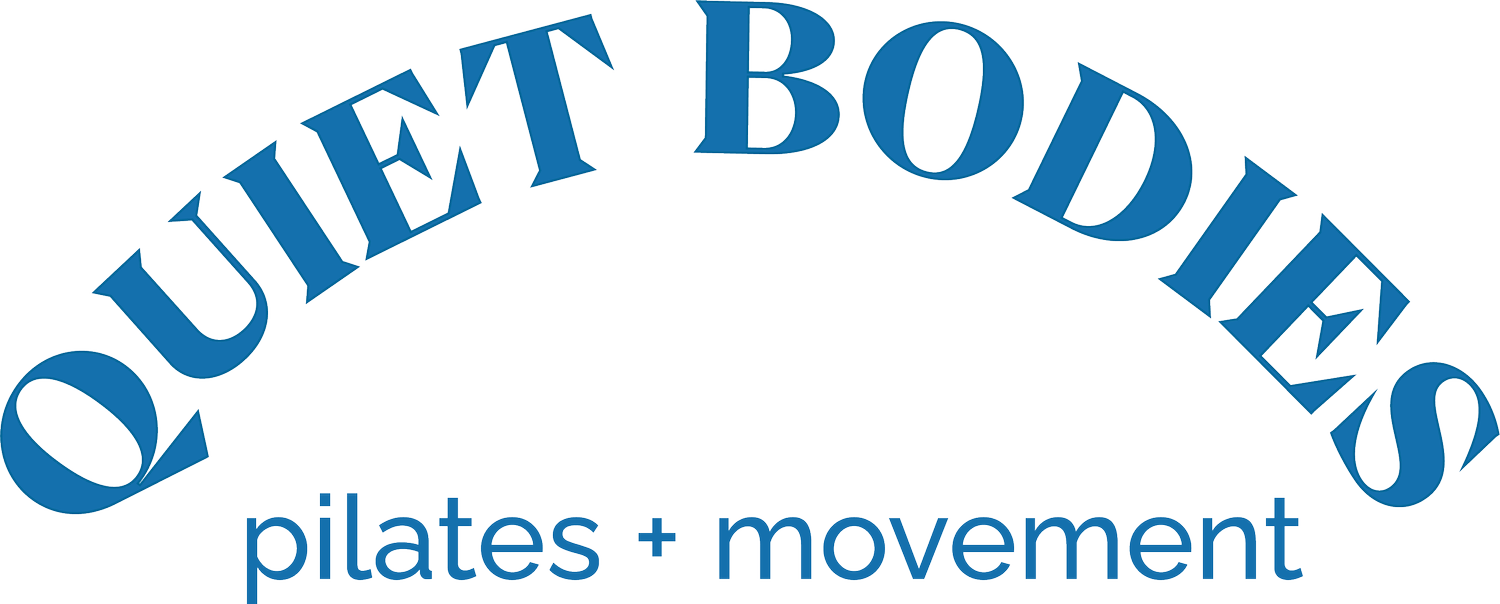Do I have to think about engaging my core when I empty the dishwasher?
This question/statement came up in a session, and I thought it was worth unpacking.
The short answer is no! Our body is intelligent, and put quite simply, the part of our brain that controls our muscles does so automatically.
We aren't strangers to cues like "engage your core" and "contract your abs." I have used these cues myself and even had to go through an entire exam teaching that way.
Is there a more effective way we can think about movement?
If you find yourself frantically micromanaging your muscles in your workouts, I would love to share my findings with you.
I think we start to use this approach (telling our muscles to contract) to keep ourselves safe in exercise or perform that exercise with good technique. So the first thing to note is that squeezing or tensing a muscle is different from your muscle responding to a load/challenge.
Instead, a more practical approach to movement focuses on external factors or markers outside of our body. "Put the ball in the net" vs. "hold the ball between your hands using your hand muscles, contract them 25%, bend your knees 40 degrees, contract your biceps...."
I am only slightly exaggerating for effect.
A popular study found that stroke patients were much more successful when their therapist told them to throw a piece of paper into a basket than when they told them what movements to do to get the piece of paper in the basket.
What does this mean to us as Pilates lovers?
When we are learning an exercise for the first time, thinking about certain body parts will be helpful in the simplest terms. "Bend your right knee into your chest and extend your leg."
However, it will not be helpful to think about "contracting" specific muscles because, in reality, we are only squeezing or tensing them. This tricky approach might make us feel like we are doing more work, but it isn't necessary. Our body will respond to the load/intensity of the exercise/task in the appropriate way.
If strength is a concern, practice is our best friend, and in some cases, we might modify the exercise so we are successful and gradually progress the challenge as we build strength.
Focusing on a task outside of our body or markers in our space will give us the most success in the exercise when we become more skilled. "Squish your t-shirt into the floor," or even metaphors are handy "round over an imaginary ball."
I encourage you to observe how you talk to yourself in your next Pilates workout and see if you can uncover new depth by trusting your muscles to know what they need to do.
Sit back, and enjoy the ride.
